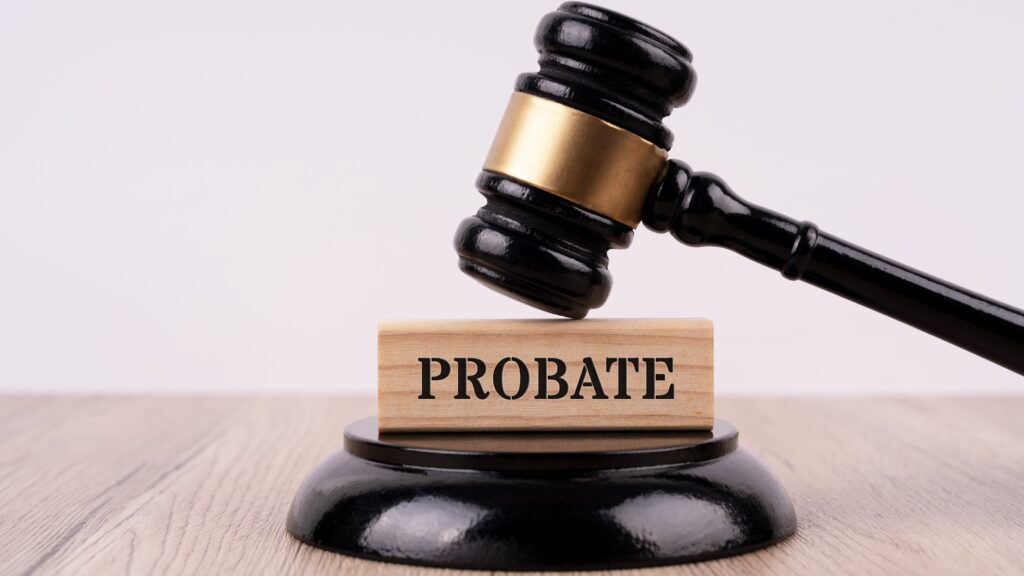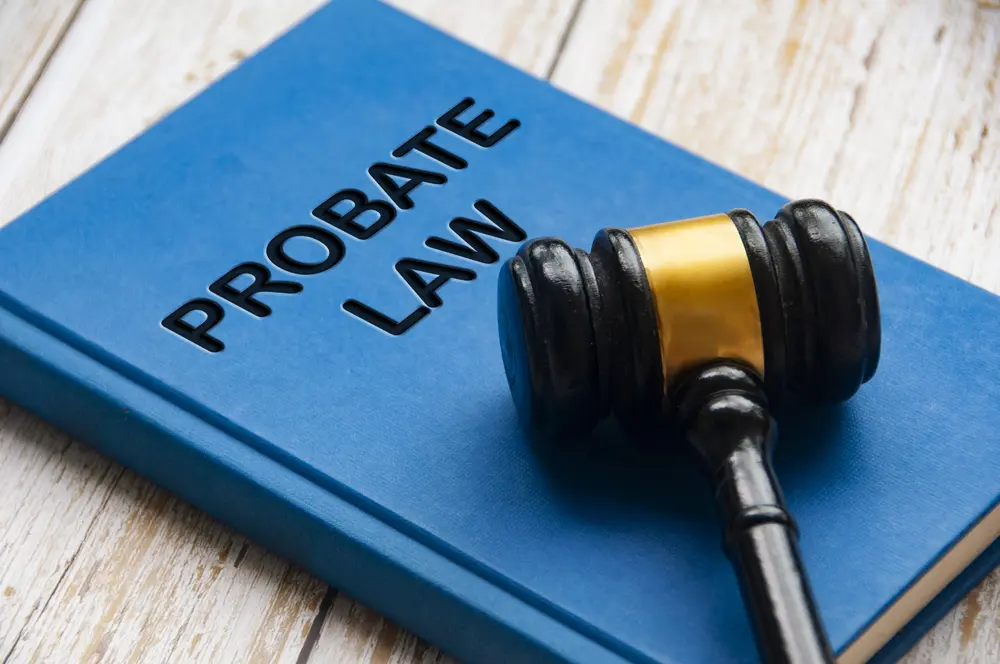Understanding the Probate Process in Texas: A Step-by-Step Guide
The probate process in Texas can be complex and daunting, especially for those unfamiliar with legal procedures. This step-by-step guide will walk you through the essential stages of probate, from filing the will with the court to distributing assets to beneficiaries. Understanding these steps can help alleviate some of the stress associated with losing a loved one and navigating their estate.
Typically, the probate process begins with the appointment of an executor or administrator, who is responsible for managing the estate. Key steps include notifying heirs and creditors, inventorying the estate’s assets, settling debts, and ultimately distributing the remaining assets according to the will or Texas intestacy laws. Each step has specific deadlines and requirements, making it crucial to stay organized and informed.
Common Misconceptions About Probate in Texas
Many individuals hold misconceptions about what probate entails, which can lead to confusion and anxiety during an already difficult time. One common myth is that all estates must go through probate, but in Texas, small estates may qualify for simplified procedures that bypass the traditional probate process.
Another misconception is that probate is always a lengthy and expensive process. While it can be time-consuming, there are ways to expedite proceedings, such as filing for independent administration or utilizing small estate affidavits. Understanding these misconceptions can empower individuals to make informed decisions and reduce unnecessary stress.
Probate Alternatives in Texas: What You Need to Know
While probate is a common method for settling an estate, there are alternatives that may be more suitable for certain situations. Options such as living trusts, joint ownership, and payable-on-death accounts can help avoid the probate process entirely, providing more efficient and private means of asset transfer.
For instance, establishing a revocable living trust allows individuals to manage their assets during their lifetime and designate beneficiaries to receive those assets upon their death without going through probate. Understanding these alternatives can help individuals plan their estate more effectively and ensure their wishes are honored without unnecessary legal complications.
Key Responsibilities of an Executor in Texas Probate
Serving as an executor in Texas comes with significant responsibilities that require diligence and attention to detail. The executor is tasked with managing the estate, which includes gathering and valuing assets, paying debts, and ensuring that the estate is distributed according to the deceased's wishes as outlined in the will.
Additionally, the executor must navigate court requirements, including filing necessary documents and keeping beneficiaries informed about the probate process. This role can be daunting, especially for those who may not have prior experience with legal or financial matters. Understanding these responsibilities is essential for fulfilling the role effectively and honoring the deceased's legacy.
Understanding the Probate Process in Texas: A Step-by-Step Guide
The probate process in Texas can be complex and daunting, especially for those unfamiliar with legal procedures. This step-by-step guide will walk you through the essential stages of probate, from filing the will with the court to distributing assets to beneficiaries. Understanding these steps can help alleviate some of the stress associated with losing a loved one and navigating their estate.
Typically, the probate process begins with the appointment of an executor or administrator, who is responsible for managing the estate. Key steps include notifying heirs and creditors, inventorying the estate’s assets, settling debts, and ultimately distributing the remaining assets according to the will or Texas intestacy laws. Each step has specific deadlines and requirements, making it crucial to stay organized and informed.
Common Misconceptions About Probate in Texas
Many individuals hold misconceptions about what probate entails, which can lead to confusion and anxiety during an already difficult time. One common myth is that all estates must go through probate, but in Texas, small estates may qualify for simplified procedures that bypass the traditional probate process.
Another misconception is that probate is always a lengthy and expensive process. While it can be time-consuming, there are ways to expedite proceedings, such as filing for independent administration or utilizing small estate affidavits. Understanding these misconceptions can empower individuals to make informed decisions and reduce unnecessary stress.
Probate Alternatives in Texas: What You Need to Know
While probate is a common method for settling an estate, there are alternatives that may be more suitable for certain situations. Options such as living trusts, joint ownership, and payable-on-death accounts can help avoid the probate process entirely, providing more efficient and private means of asset transfer.
For instance, establishing a revocable living trust allows individuals to manage their assets during their lifetime and designate beneficiaries to receive those assets upon their death without going through probate. Understanding these alternatives can help individuals plan their estate more effectively and ensure their wishes are honored without unnecessary legal complications.
Key Responsibilities of an Executor in Texas Probate
Serving as an executor in Texas comes with significant responsibilities that require diligence and attention to detail. The executor is tasked with managing the estate, which includes gathering and valuing assets, paying debts, and ensuring that the estate is distributed according to the deceased's wishes as outlined in the will.
Additionally, the executor must navigate court requirements, including filing necessary documents and keeping beneficiaries informed about the probate process. This role can be daunting, especially for those who may not have prior experience with legal or financial matters. Understanding these responsibilities is essential for fulfilling the role effectively and honoring the deceased's legacy.









